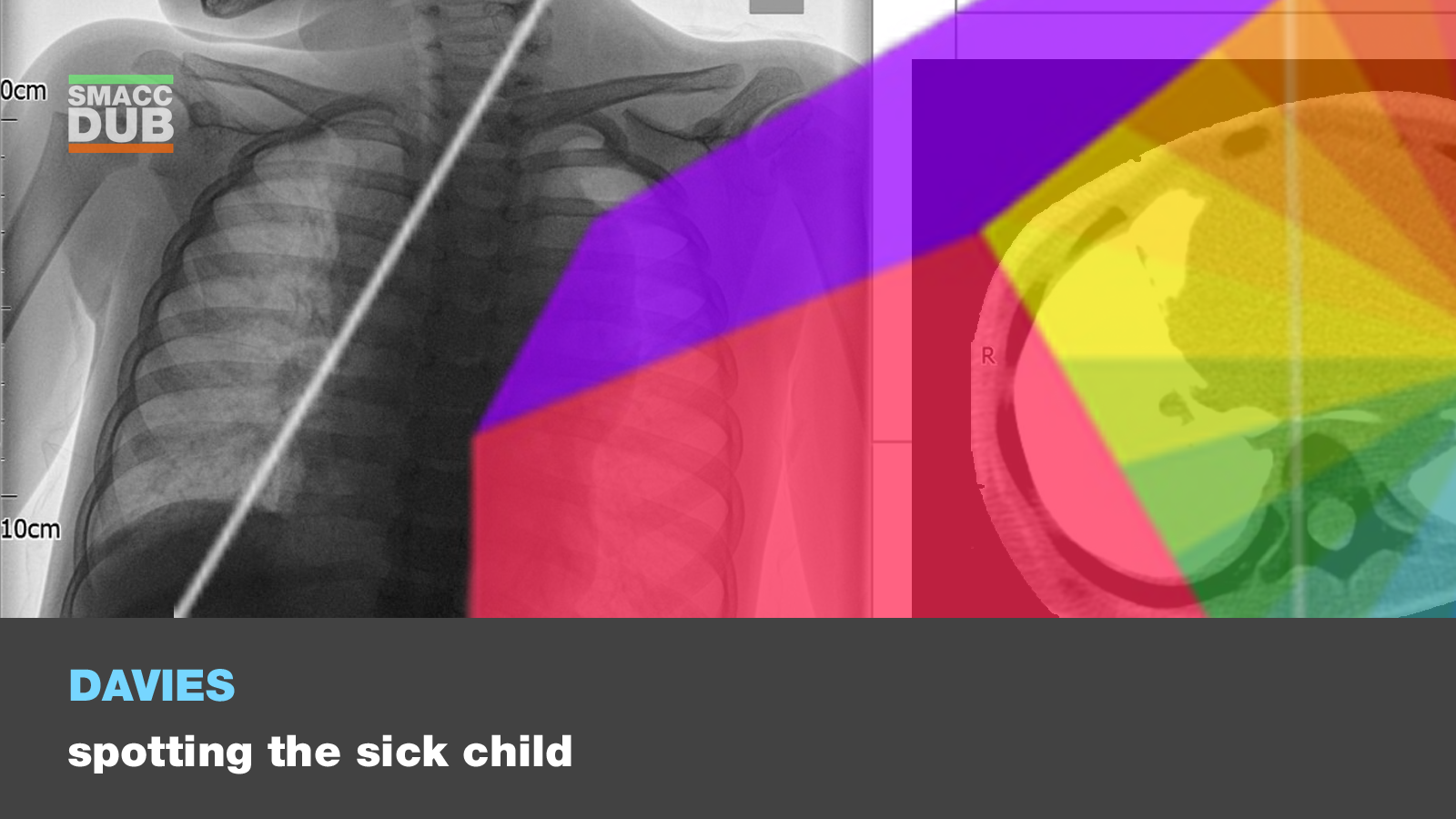The Problem of Disproportionate Critical Care
Summary by: FRANCESCA
The number of published studies related to burnout, moral distress, conflicts, stressful conditions in the Intensive Care unit (ICU), is dramatically increasing over the last few years. Clinicians perceive the care as “inappropriate” when it clashes with their personal beliefs and knowledge. Care is considered “Disproportionate’ when the intervention or the action is perceived as too much or too little in relation to the expected prognosis in terms of survival or patient’s quality of life. ICU workers, who provide inappropriate or, more broadly, disproportionate care, are at risk for “burnout” and “moral distress”. This phenomenon is poorly investigated even if it could jeopardize patients’ quality of care and outcome. Similarly, no intervention has ever been tested with the aim of avoiding the mentioned threats. APPROPRICUS and DISPROPRICUS are European Society of Intensive Care Medicine (ESICM) studies performed over one day and one-month period respectively, in the ICU. Healthcare providers’ perception of care was measured as well as patients’ outcome. Results show that all healthcare providers in the ICU perceive every day both not appropriate and/or “Disproportionate care”. Moreover, people within the ICU are so much accustomed to a disproportionate behavior that they don’t consider it as deviant, despite the fact that it far exceeds their own rules. This phenomena is called “Social normalization of deviance” and people in one ICU grow more accustom to such behavior the more it occurs. Stress, conflicts, moral distress and burnout are driven by deviant behaviors and are proven to impair communication among the ICU staff. There is evidence in the medical and non-medical literature suggesting that the burn out leads to low performance and concentration. Good teamwork and an emphasis on clarifying ethical issues are associated with lower perception of inappropriateness of care, fewer conflicts, and smaller staff turnover rate.









